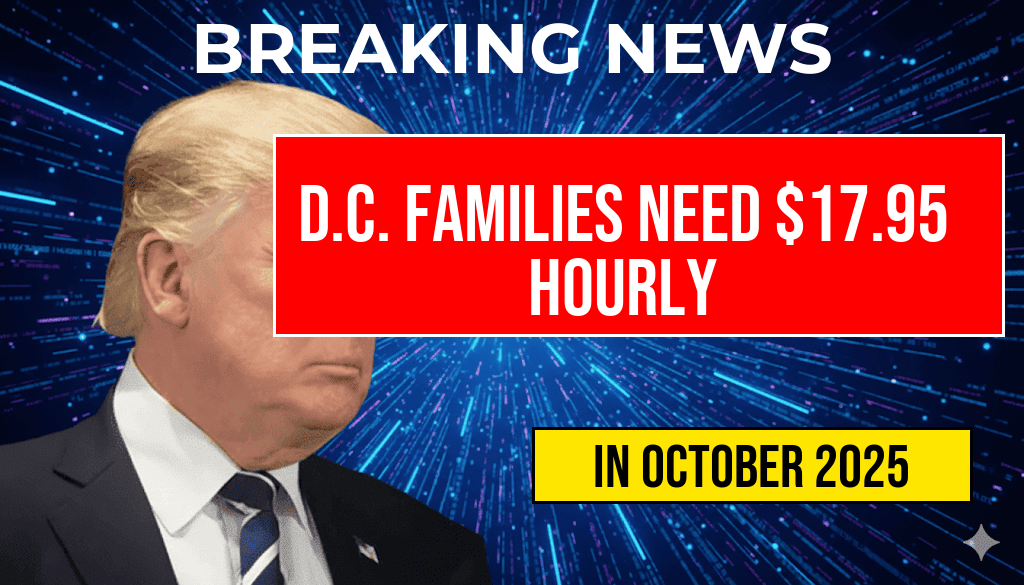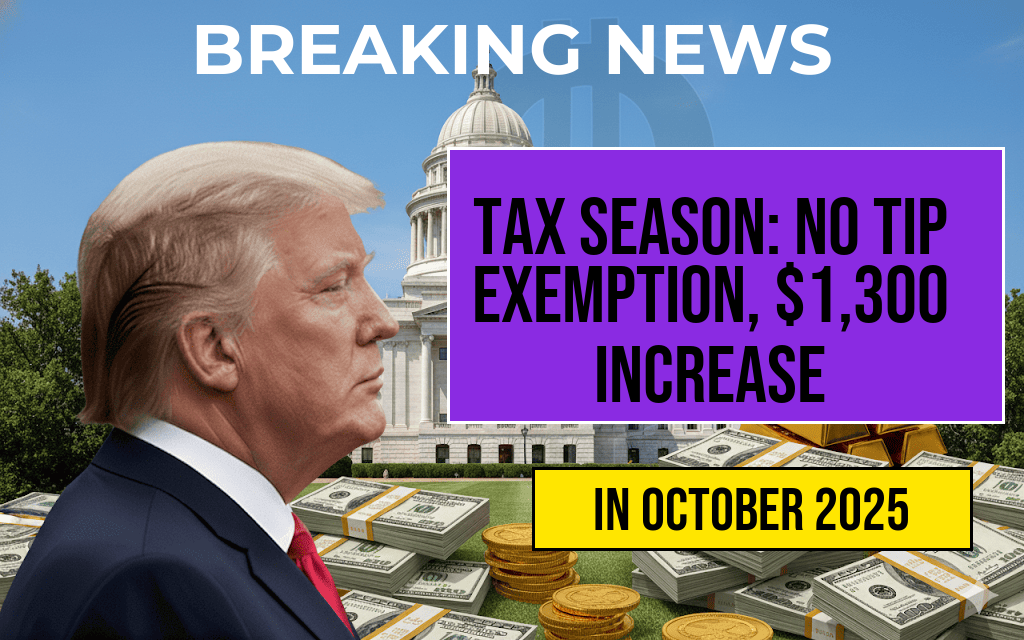As housing costs in Washington, D.C., continue to climb, local families face increasing financial strain, prompting discussions about appropriate minimum wage standards. Recent analyses indicate that a minimum wage of approximately $17.95 per hour would be necessary for a typical family to earn around $3,111 monthly before taxes—a figure that aligns with the city’s rising living expenses. This calculation is based on a standard family structure and assumes full-time employment, underscoring how current wage levels may fall short of covering basic needs. With median rent prices surpassing national averages and the cost of essentials escalating, advocates argue that a higher minimum wage is critical for economic stability among D.C. households.
Understanding the Living Wage in Washington, D.C.
Defining the Basic Income Threshold
The concept of a living wage extends beyond minimum wage laws, representing the income necessary for a family to meet essential expenses such as housing, food, healthcare, transportation, and childcare. According to the Massachusetts Institute of Technology’s Living Wage Calculator, a family of four in Washington, D.C., requires approximately $3,111 per month before taxes to cover these basic needs. This figure considers local costs and reflects the economic reality faced by many residents.
Current Wage Standards and Shortfalls
The current minimum wage in D.C. stands at $16.10 per hour as of 2023, which, while higher than the federal minimum, still leaves many families struggling to meet their monthly expenses. For a full-time worker earning this rate, gross monthly income totals approximately $2,728. After taxes, take-home pay often drops below the level necessary to sustain a modest standard of living, highlighting a gap between existing wages and the actual cost of living.
Housing Costs Drive the Wage Debate
Rent Prices and Their Impact
| Neighborhood | Median Monthly Rent |
|---|---|
| Downtown | $2,500 |
| Capitol Hill | $2,200 |
| Columbia Heights | $1,900 |
| Farther Suburbs | $1,600 |
With median rents often exceeding $2,000 per month, families are compelled to allocate a significant portion of their income to housing alone. For renters earning minimum wage, this leaves little room for other necessities, forcing many into difficult financial trade-offs or substandard living conditions.
Policy Implications and Community Response
Advocacy for a Higher Minimum Wage
Local advocacy groups and labor unions have pressed for increases in the minimum wage, citing the need for a figure closer to $17.95 per hour. This threshold is viewed as a crucial step toward ensuring that working families can afford their basic needs without resorting to public assistance or excessive debt. The push aligns with broader initiatives to combat income inequality and promote economic resilience among low- and moderate-income residents.
Government Initiatives and Legislation
City officials have introduced proposals to gradually raise the minimum wage, aiming for a phased implementation that balances economic growth with social support. Such measures are also supported by research from organizations like the Wikipedia, which detail the broader impacts of wage policies on community well-being.
Broader Economic Context
Cost of Living Versus Income Growth
Data from the U.S. Census Bureau shows that while the cost of living in Washington, D.C., has surged over the past decade, wage growth has lagged behind. This disparity exacerbates financial insecurity for many families, particularly those in lower-income brackets. Policymakers face the challenge of balancing economic competitiveness with ensuring that wages reflect living costs.
Impact on Workforce and Local Economy
Increasing the minimum wage could also influence employment patterns, with some studies suggesting potential reductions in hiring or hours worked. However, proponents argue that higher wages improve productivity, reduce turnover, and foster a more stable workforce—all vital for maintaining D.C.’s economic vitality.
For more insights into wage policies and economic trends, readers can explore resources such as Forbes and the Wikipedia entry on Washington, D.C.’s economy.
Frequently Asked Questions
What is the recommended minimum wage for families in D.C. to meet their monthly expenses?
The article states that D.C. families need a $17.95 minimum wage to earn approximately $3,111 monthly before taxes.
Why is a $17.95 hourly wage considered necessary for D.C. families?
This wage level is necessary to cover basic living expenses such as housing, food, transportation, and childcare, ensuring families can meet their financial needs.
How does the proposed minimum wage impact family finances in D.C.?
By earning a $17.95 hourly wage, families can achieve a sustainable monthly income of $3,111 before taxes, which helps improve their overall financial stability and quality of life.
What are the potential benefits of increasing the minimum wage to $17.95 in D.C.?
Increasing the minimum wage to this level can reduce poverty, boost economic growth, and provide families with a more adequate income to support their essential needs.
Are there any considerations or challenges associated with implementing a $17.95 minimum wage in D.C.?
Implementing a higher minimum wage may pose challenges for some businesses due to increased labor costs, but it is viewed as a necessary step to ensure families can afford basic living expenses.






